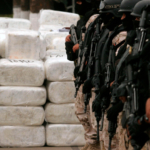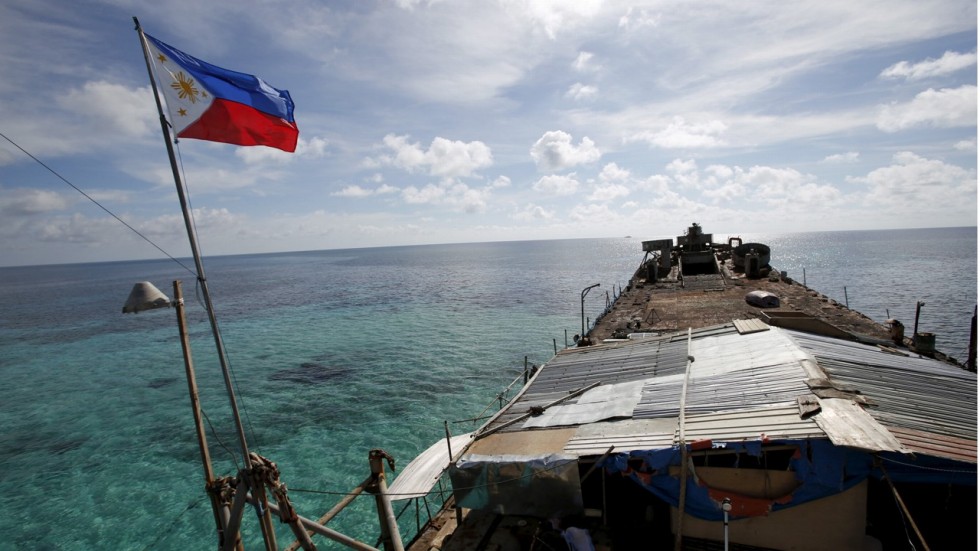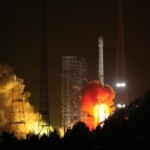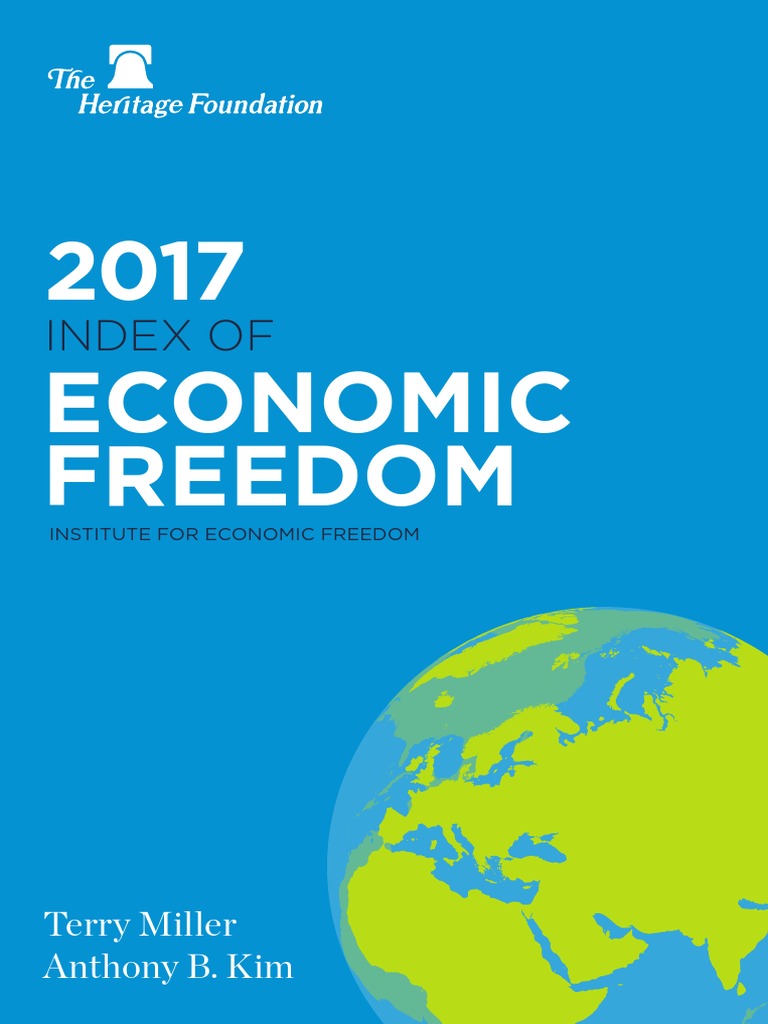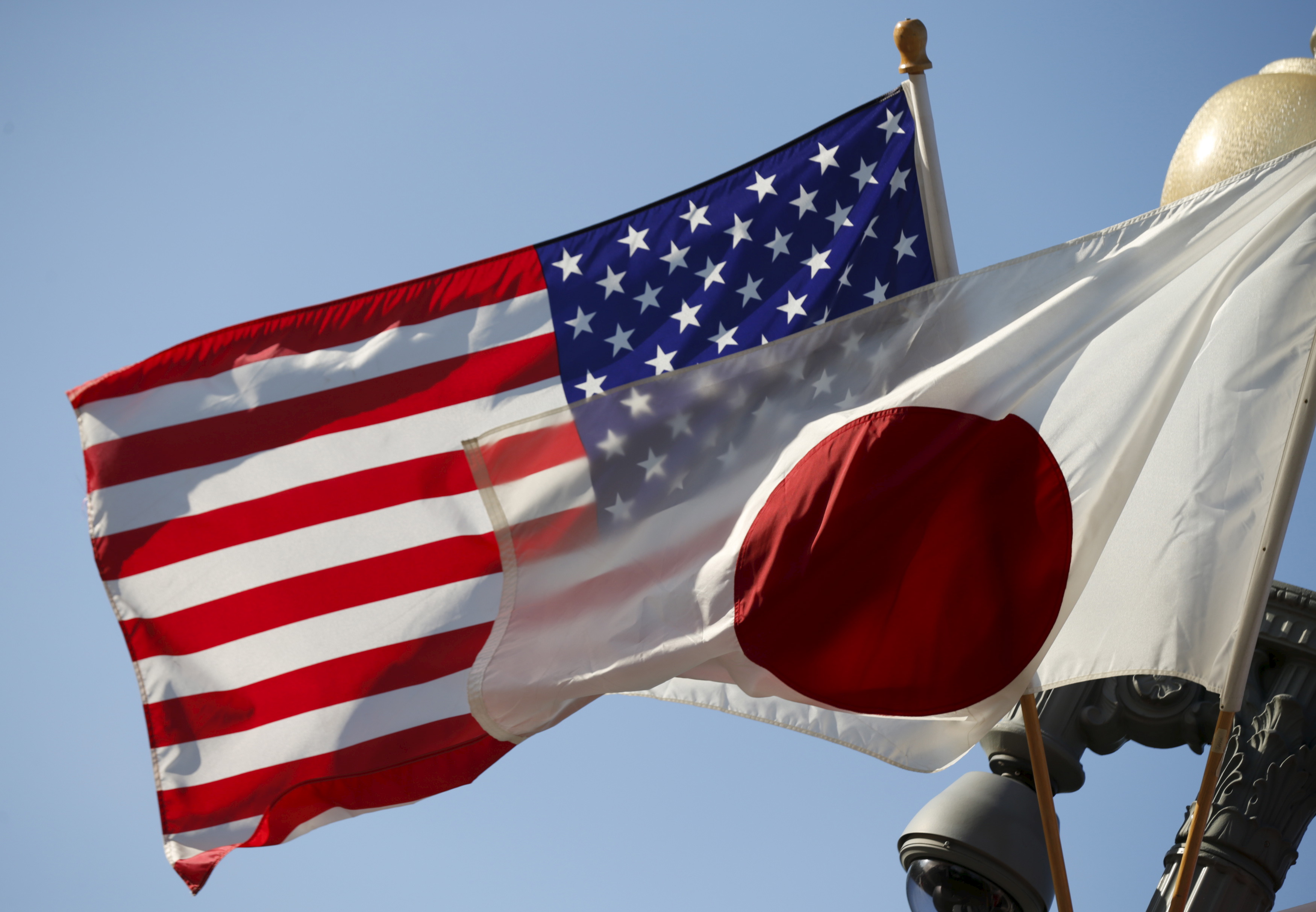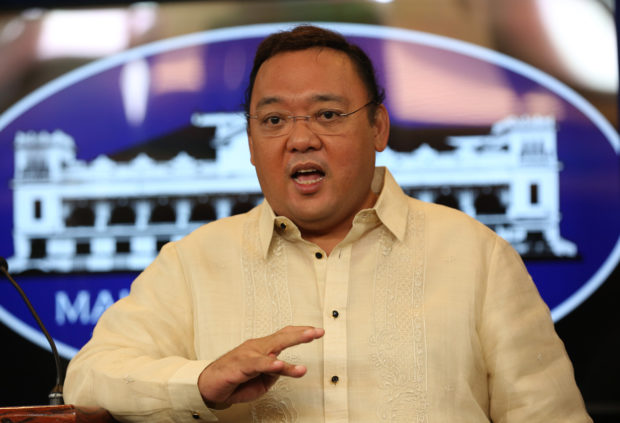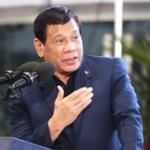Trump imposes tariffs on steel and aluminum, but offers relief to allies

President Trump on Thursday signed a pair of proclamations that impose tariffs on imported steel and aluminum while offering relief to some U.S. allies, as the president took his most significant step yet away from free trade but stopped short of the global tariffs his GOP allies begged him to avoid. The tariffs, set to take effect in 15 days, do not apply to imports from Canada and Mexico so that U.S. officials can assess progress as they renegotiate the North American Free Trade Agreement. Other countries with a “security relationship” to the United States may seek exemptions by opening talks with the administration on “alternative ways” to address the threats the administration alleges their products pose to national security.






